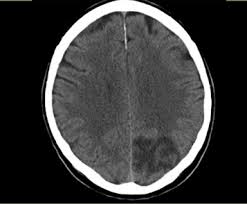Overview
A 2 day course covering all aspects of pre-operative issues concerning the older surgical patient. Organised intermittently throughout the year in London(with proper planning can make for a productive long weekend in the capital).
Target Audience
Consultants, Registrars (excellent for the pre-operative bits on the curriculum) , Specialist Nurses and other health professionals involved with surgery and the older patient
Review
An excellent and thought-provoking course which features a diversity of speakers and covers a broad remit of pre-operative issues specific to older patients. From hypertension to cardiac status; high blood sugars to low HB the course tries to answer majority of plausible clinical scenarios that may be encountered in day-to-day clinical practice. Ortho-geriatrics is also featured during the 2 days and as a bonus there are also excellent talks and insights regarding the highs and lows of setting up a new service.
The local Pre-operative service [set-up and championed by Guys and St.Thomas hospital] is also introduced to the audience. The service is highly comprehensive covering both the Pre-operative and Post-operative journey of the older patient. Patients do seem to be managed better and there is greater integration between surgeons and geriatricians.
Overall, this is an excellent course which will leave you better off for having attended.
Value for money:
Priceless as it is the only one of its kind so far.


 Informative/E-learning
Informative/E-learning